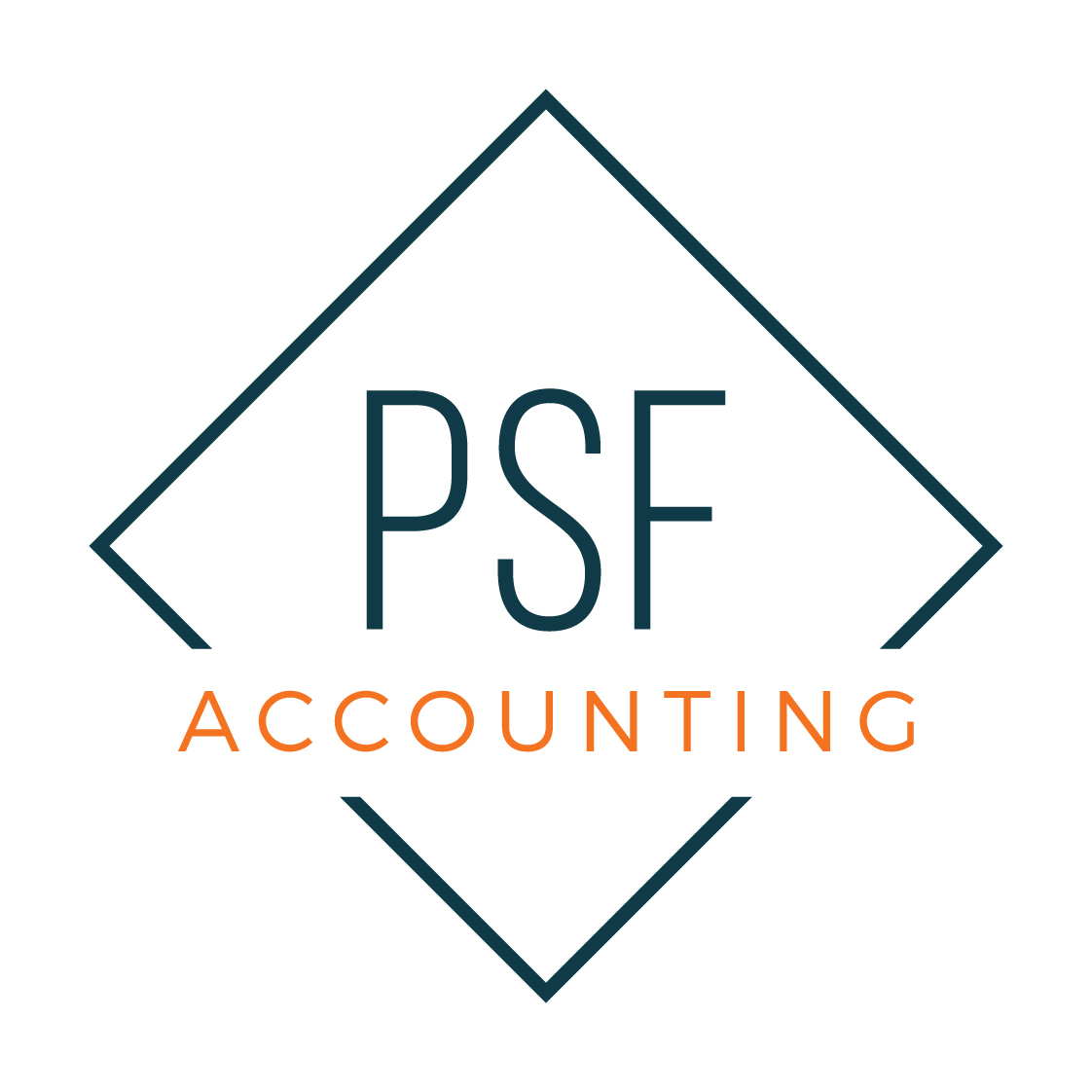Financial Budget 2017
The following were highlights of this years financial budget:
The financial budget was released on November 22nd.
Stamp Duty Land Tax has been abolished for all first-time buyers for houses up to £300,000. Buyers will pay £5,000 less on purchases between £300,000 and £500,000.
The government will provide a £44bn capital investment to boost the housing market. There should be 300,000 homes being built every year by the mid-2020s which is the highest level since the 1970s.
The government are considering a tax to single-use plastic items such as packaging and polystyrene takeaway boxes due to the popularity of the 5p plastic carrier bag ‘tax’.
There will be extra funds and tax incentives for electric car drivers including a new £400m charging infrastructure fund.
Diesel cars will be hit by additional tax if they don’t meet air quality standards.
Maths and Technical education will get an investment of £406m.
National Living Wage will rise by 4.4% from £7.50 to £7.83 an hour from next April.
The basic rate income tax threshold will rise from £11,501 to £11,850 from April next year. The higher rate threshold will rise from £45,001 to £46,350.
The 26-30 National Railcard is also confirmed to be introduced.
There will be an increase in tax on low-quality alcoholic drinks. Tax on other alcoholic drinks including wine, beer, spirits and expensive cider will be frozen.
The NHS will give an extra £2.8bn to NHS England with £350m given immediately with the balance fully paid by 2020. Nurses will be given a pay review, if not an immediate pay rise.
The government will bring forward the uplifting of business rates based on the CPI inflation index by two years saving business £2.3bn.
The government will make a £500m investment in 5G and full fibre broadband.

